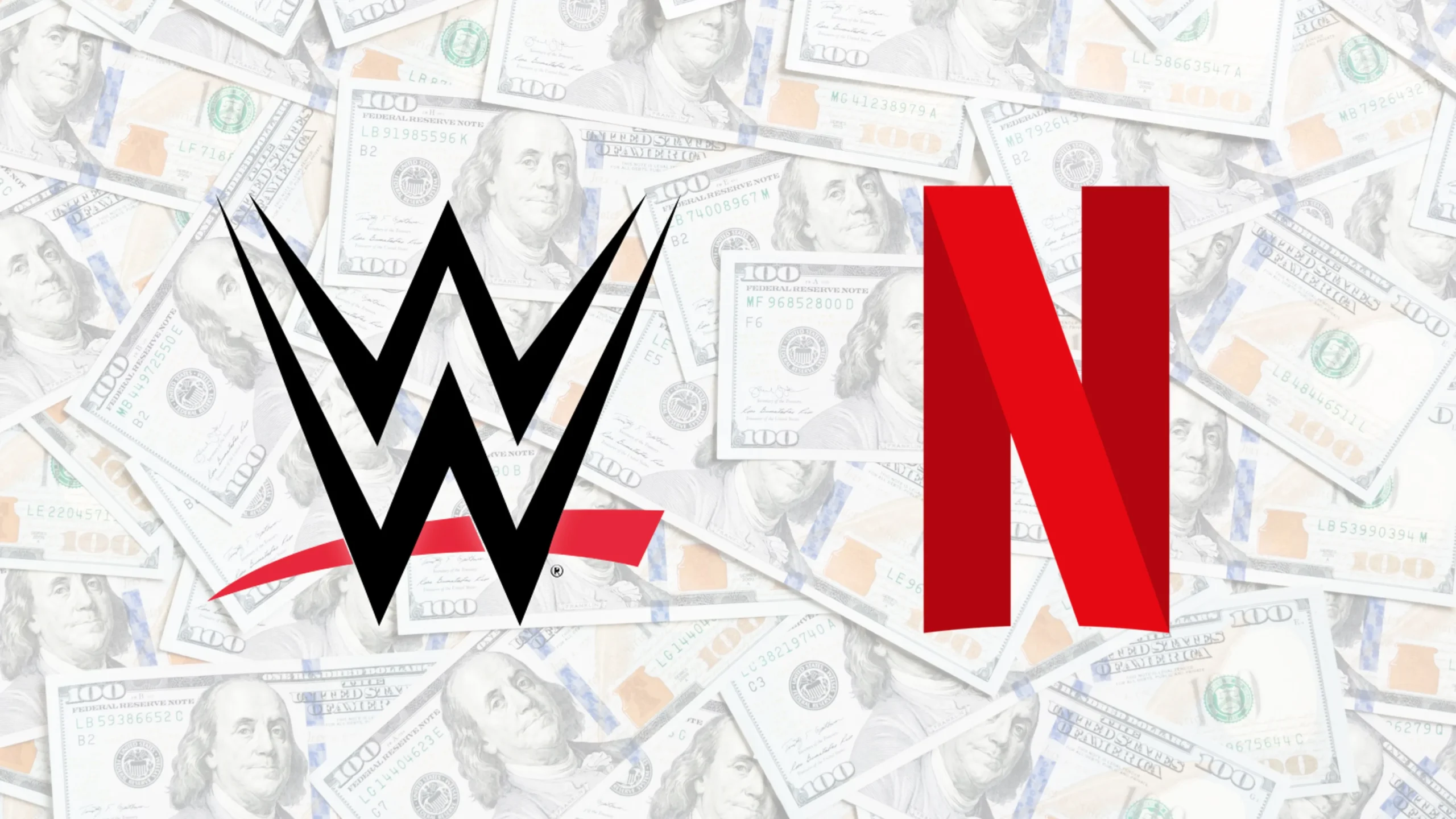
During a recent interview with Stratechery, Netflix co-CEO Greg Peters commented on WWE’s new deal with the streaming service, the reason why the deal has an opt-out clause, and more.
You can check out some highlights from the interview below:
On Netflix branching out into live programming: “We love this deal for a whole variety of reasons. One is that the one you mentioned, which we think that this is quite close to what we do. We think we are in the business of telling dramatic stories around sports. You’ve seen it with Drive to Survive or Break Point, Full Swing. We feel that’s a space that we’ve earned the right to play and an expectation to deliver value to consumers, and we feel like this is in that zone.
We also love it, because as you mentioned, this is 52 weeks of entertainment. This is always on entertainment, sports entertainment, and it fits really well within our model. We think it’s synergistic with what we’re doing on ads, and we like it from that perspective. What we believe is that there’s a real opportunity for growing the fan base for this set of content globally. We think it’s been under-distributed, we think it’s been under-leveraged. There’s good signs that there’s fans out there, but we think we can grow that. We think about it as the inverse to Drive to Survive to F1. We could actually grow the international audience in a way that is material. We’ve organized the deal so that it’s a big long-term deal. In other words, there’s a little bit of risk insulation into the renting concerns that you mentioned before.”
On the opt-out clause: “I think it’s part of recognition that we brought a lot of value and potential value to it. We were able to negotiate reasonable optionality in that regard, which we like, because it gives us a little bit of room to learn and also to extend if we like where it’s going. And then, to your point about renting, we love sports. I mean, sports is some of the most compelling content out there, but in the same reason that it’s compelling, it’s also poorly substitutable, that means that you’re de-leveraged relative to the rights holder. There’s a spectrum of those things. I would say WWE is more towards the substitutable spectrum than, let’s say, NFL or NBA or things like that, but Friends is relatively non-substitutable as well. It probably sits somewhere in the same space.”
On how WWE differs from other content: “I also think that what’s great about WWE is that every week you got new content to watch and the soap opera continues and people engage very, very consistently.”
Netflix co-CEO Greg Peters recently discussed WWE’s new deal with the streaming service in an interview with Stratechery. Peters highlighted the reasons why Netflix is excited about this partnership, the inclusion of an opt-out clause in the deal, and how WWE content differs from other programming.
One of the main reasons Netflix is enthusiastic about the deal is because they believe it aligns closely with their core business of telling dramatic stories around sports. Peters mentioned popular Netflix shows like “Drive to Survive,” “Break Point,” and “Full Swing” as examples of their success in this genre. They see WWE’s sports entertainment as a space where they can deliver value to consumers and expand their fan base globally. Netflix believes that WWE content has been under-distributed and under-leveraged, and they aim to change that by growing the international audience. They view this opportunity as the inverse of what they achieved with “Drive to Survive” for Formula 1, where they significantly increased the international audience.
The inclusion of an opt-out clause in the deal was also discussed. Peters explained that Netflix negotiated this clause to give themselves some flexibility to learn and potentially extend the partnership if they see positive results. This optionality allows them to assess the value they bring to WWE and make decisions accordingly. Additionally, Peters acknowledged that while sports content, including WWE, is compelling, it is also substitutable to some extent. This means that Netflix is not as heavily reliant on WWE rights as they would be with other sports leagues like the NFL or NBA. However, he also noted that even non-sports content like the popular show “Friends” falls into a similar category of being relatively non-substitutable.
Peters also highlighted the unique aspect of WWE content, which sets it apart from other programming. He emphasized that WWE offers new content every week, creating a continuous soap opera-like experience for viewers. This consistent engagement from fans makes WWE content particularly appealing to Netflix.
Overall, Netflix is excited about the WWE partnership because it aligns with their storytelling approach to sports programming, offers year-round entertainment, and has the potential for global growth. The inclusion of an opt-out clause allows Netflix to assess the value they bring and make informed decisions about the future of the partnership. With its unique and consistently engaging content, WWE stands out among other programming options.
